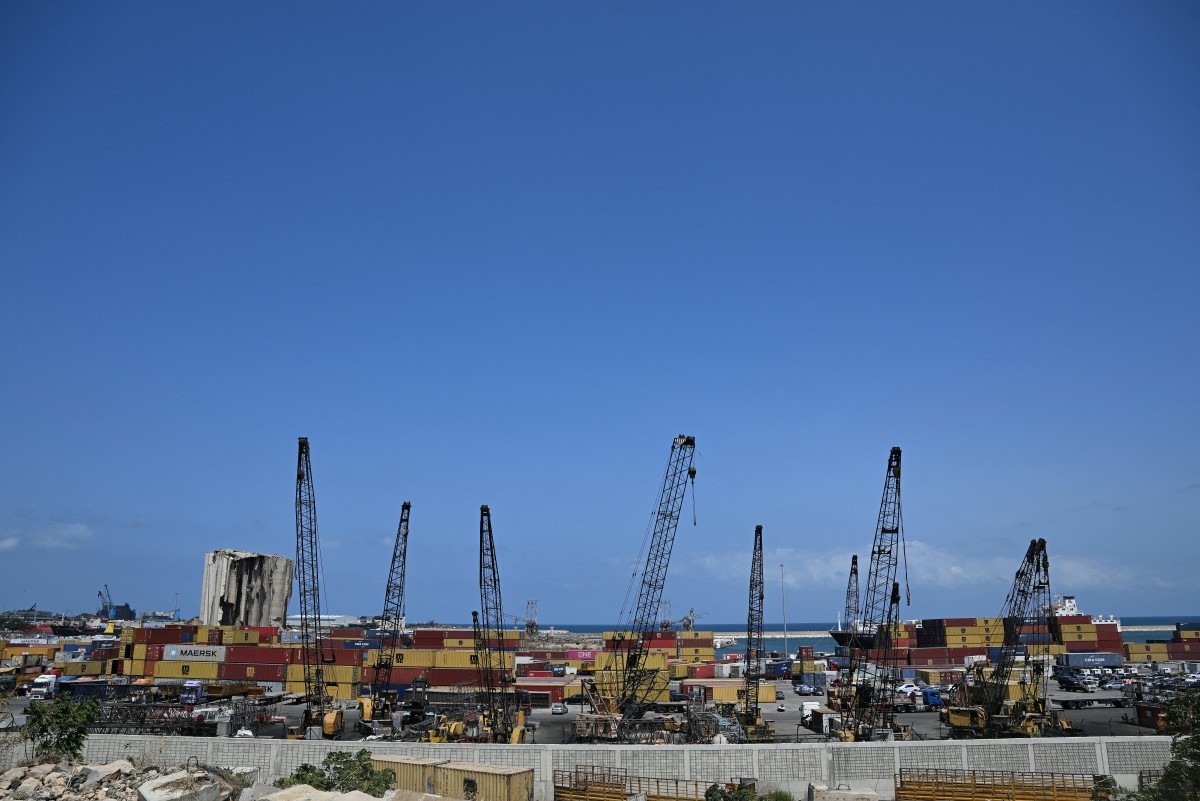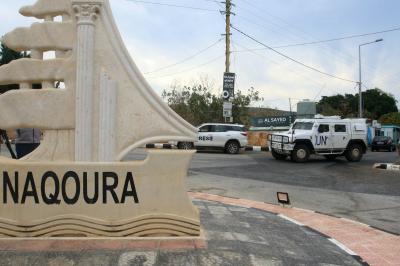As Lebanon’s government struggles to meet the demands of the international community — particularly the International Monetary Fund (IMF) and the Financial Action Task Force (FATF) — concerns are rising over a hidden phenomenon that could undermine reform efforts if not tackled seriously: widespread tax evasion.
Tax evasion exists in every economy, but in developed countries it is kept under control. In Lebanon, however, it has become almost a cultural norm, fueled by successive governments’ failure to provide public services and by rampant corruption. The financial meltdown that began in 2019 further entrenched the problem by prioritizing cash transactions, making it nearly impossible for the state to trace operations or pursue violators.
Lebanon’s budget deficit stems primarily from spending exceeding revenues. Some argue that boosting revenues would be enough to fix the deficit and restore the state’s role as a service provider. But this is misleading. Since taxes make up the lion’s share of state income, increasing revenue collection alone will not solve the structural problem if tax evasion remains rampant.
Several studies have highlighted the issue. An IMF report in 2017 estimated tax evasion in Lebanon at between $1 billion and $2 billion annually, according to a BLOM Invest report that year. Yet those figures only accounted for tax evasion within the formal economy — not the cash-based economy that has exploded since August 2019. By our estimates, the real number exceeds $4 billion. To put this in perspective, Lebanon’s annual state budget hovers around the same amount.
Accurately assessing the size of tax evasion is impossible given the dominance of cash. More than half of Lebanon’s workforce is employed in undeclared jobs, and many companies fail to report workers’ wages, paying them in cash to avoid taxes on both profits and social security contributions. A 2024 IMF report cited by Notre Dame University–Louaize found tax evasion among Lebanese business owners at rates between 40 and 48 percent. This reflects massive avoidance, manipulation of multiple exchange rates, underreporting of cash transactions, and widespread invoice fraud — particularly at Beirut Port, through which more than 70 percent of imports pass.
Several interlocking factors explain this entrenched phenomenon: systemic corruption, a demoralized public sector, weak state institutions and oversight, absence of digitization, officials succumbing to temptation, the dominance of politically connected elites, a ballooning cash economy, an unfair tax regime, citizens’ lack of financial literacy, and a near-total absence of accountability. These dynamics have fostered a mindset where tax evasion is not only tolerated but even celebrated as a form of “cleverness” in the face of a failing state.
Legally, Article 1 of Law 44/2015 classifies revenues from tax evasion as illicit funds. This makes tax evasion a financial crime punishable by law, with potential penalties as severe as freezing the offender’s assets. But can the state enforce it?
The answer, realistically, is no. Applying the law would implicate many well-protected figures, risking political paralysis at a time when the government and presidency are struggling to assert state authority nationwide. If enforced, it would likely be selective and politicized.
Still, the government has options to gradually curb the problem. Five key steps are considered essential:
- Establish a shared database linking the Finance Ministry (including customs), the Economy and Trade Ministry, and the Central Bank, covering all import operations.
- Digitize state administrations to limit human intervention and reduce opportunities for corruption.
- Reform the tax system to make it more progressive, while expanding the base to include public assets and their operation.
- Tackle the cash economy by setting limits on cash transactions, which requires rehabilitating the banking sector to offer viable alternatives for citizens and businesses.
- Task state agencies, under judicial oversight, with launching a campaign against tax evasion.
Such measures could significantly reduce tax evasion. In any case, they will be imposed once Lebanon signs an agreement with the IMF. But political resistance — both from within and outside the government — is expected when these proposals reach the cabinet, reflecting just how deeply tax evasion has penetrated the Lebanese system.
Since taxes are the state’s primary source of revenue, meaningful fiscal reform must begin here. Otherwise, Lebanon risks undermining its own recovery plan and jeopardizing access to IMF support and international aid. Those who believe donor countries will step in regardless are mistaken. In democracies, taxpayers hold their governments accountable, and no politician will risk public backlash by funding a country where tax evasion is left unchecked.
Please post your comments on:
[email protected]
 Politics
Politics













